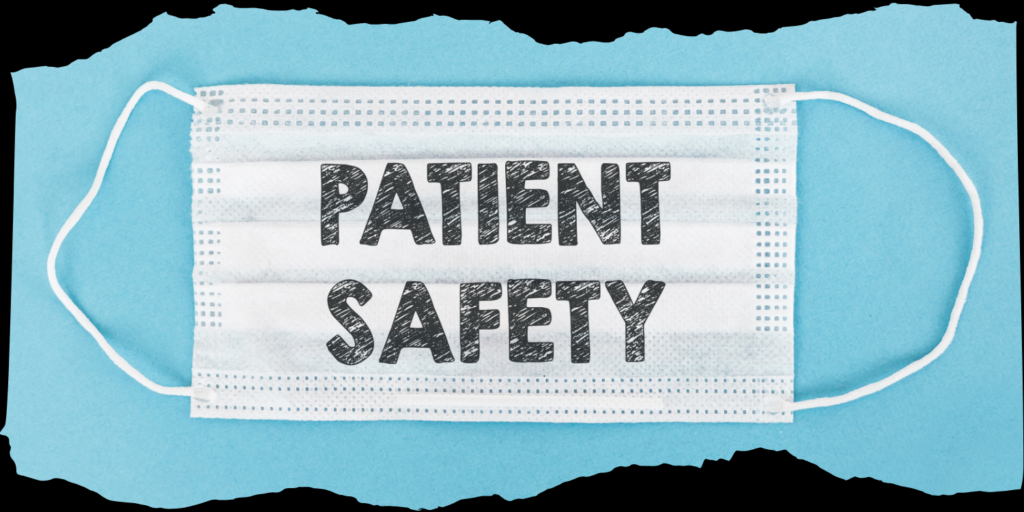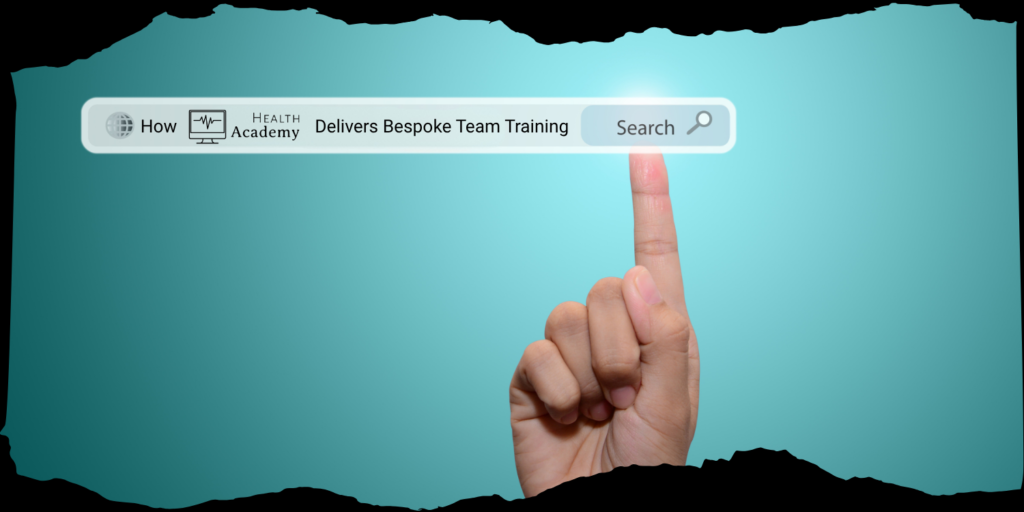
Far too often, training in healthcare is treated as an individual checklist. Yet NHS England’s recent strategies emphasise that team training benefits go beyond compliance. They build stronger communication, increase morale, and support a safer patient experience. In primary care and community settings, training as a group aligns with NHS priorities. These include workforce wellbeing, retention, and clinical effectiveness. By bringing teams together-pharmacists, nurses, general practitioners (GPs), health care support workers (HCSWs), and admin staff, you nurture cohesion and shared responsibility for better patient care.

The NHS “Looking after your team’s health and wellbeing” guide promotes structured team well‑being sessions and reflective practices. These activities build psychological safety, a culture where colleagues feel able to speak up without fear of blame. This in turn boosts engagement, mental health, and retention.
Organisations that foster safe, inclusive environments report lower absenteeism, greater innovation, and improved policy uptake. NHS Equality, Diversity & Inclusion Improvement Plan.
Team training offers structured space for honest reflection, shared challenge-solving, and building trust across professional roles.
Collaborative training approaches like TeamSTEPPS and interdisciplinary bedside rounds improve clarity and coordination across nursing, medical, pharmacy, and administrative functions. The King’s Fund (how to build effective teams in general practice) emphasises that structured team learning fosters shared language and smoother collaboration, particularly in evolving structures like Primary Care Networks. When teams train together, ambiguities in responsibilities decrease, and shared understanding grows. This is especially beneficial for patient handover, care planning, and aligning workflows across multidisciplinary teams.

Team‑based training strengthens the systems that keep patients safe. The ABC (Avoiding Brain Injury in Childbirth) programme—currently being rolled out across England—demonstrates how simulation training with multidisciplinary maternity teams can reduce avoidable harm and support faster, more coordinated responses in emergencies. Its cascade model, where clinical champions are trained to deliver local teaching, ensures consistent, scalable improvements in practice. NHS pilot data supports this approach more broadly, showing that structured team training benefits and improves protocol adherence and reduces adverse incidents—outcomes echoed across the wider literature on team learning in healthcare.
The NHS Long‑Term Workforce Plan highlights the expansion of roles across nursing associates, pharmacists, healthcare scientists, and support workers; reflecting today’s priorities for integrated, community-based care and future workforce resilience. When teams train together, through scenarios or simulations that mirror everyday clinic challenges, it helps staff understand each other’s roles and workflows, reduces ambiguity, and promotes effective peer support. Clearer shared goals, inclusive team culture, and role clarity not only boost morale but also support retention and flexibility across roles. Integrated care systems and partnerships increasingly rely on transferable skills and multi‑disciplinary coordination, making team-based learning a strategic foundation for workforce development and adaptive service delivery (NHS Employers – Integrated workforce thinking across systems).

Team‑based debriefs are an essential part of building a learning culture in healthcare. Used across NHS services as part of human factors frameworks, these reflective practices help staff openly discuss challenges, share insights, and learn from both routine and high-pressure situations. When done well, structured reflection supports accountability and teamwork, improving both clinical responses and collaboration. A culture that values shared learning doesn’t just reduce risk. It strengthens clinical governance and sustains quality improvement across care settings. For readers looking to embed team debriefing into everyday practice, the NHS’s SHARE debrief tool offers a simple, practical starting point.
| Benefit Area | NHS Evidence & Impact |
| Morale & psychological safety | Structured reflection builds trust; reduces absenteeism and stress |
| Communication & role alignment | Shared training improves coordination across clinical and administrative teams |
| Patient safety & care quality | Simulations and debriefs reduce harm and improve emergency response |
| Workforce flexibility & retention | Shared learning enhances role clarity and supports retention |
| Continuous learning & improvement | Debriefs and feedback support governance and ongoing quality improvement |

To make team training benefits count, evaluations should go beyond attendance and focus on real‑world outcomes. Organisations can use pre‑ and post‑training confidence or capability surveys to track growth, and gather feedback on collaborative working or role clarity. Reviewing metrics like turnover rates, engagement, and compliance can help demonstrate both impact and continuous improvement.
NHS Employers’ “Improving staff retention” guide provides insight into how supportive culture, leadership, and development structures contribute to staff retention — the same factors that effective team training helps build.
The principles behind team-based training aren’t just theoretical—they’re actively embedded in NHS workforce strategy. The NHS Long-Term Workforce Plan sets clear priorities around interprofessional learning, flexible career pathways, and inclusive team environments—values mirrored by team training. This vision aligns closely with our reflections in the blog New NHS 10-Year Plan: Key Changes for Primary Care, which explores deeper shifts in workforce development and structural reform. Additionally, resources like the International Retention Toolkit highlight the importance of belonging, structured support, and peer networks—particularly for internationally recruited staff. Training teams together supports these aims, helping all staff, new and established, feel included, confident, and supported.

At Health Academy, we understand that every healthcare setting is different—and that effective team training needs to reflect real‑world challenges. Our bespoke training packages are designed to align with NHS priorities while supporting the unique dynamics of your team. Whether in GP practices, schools, care homes or NHS services, our sessions create a shared learning experience that builds confidence, cohesion, and practical skills.
Our packages typically include:
Interested? Contact us at training@healthacademyonline.co.uk or use our enquiry form to discuss tailored team training benefits.

Even the best training ideas need thoughtful delivery to land well with a busy team. Small details—from preparation to follow-up—can make the difference between a session that’s ticked off and one that genuinely shifts thinking, confidence, and connection. Whether you’re organising your first in‑house session or refreshing a programme, these tips help make it count:
Even when the benefits are clear, training can face challenges. Shift patterns, time pressures, and budget limits all influence delivery. With some planning, training can still work—even in the busiest environments:

Team training isn’t just a compliance exercise—it’s a powerful way to improve care, strengthen culture, and support the people who deliver healthcare every day. From building trust and reducing errors to improving retention and morale, the evidence is clear: teams that learn together work better together. As healthcare evolves, organisations that invest in shared learning will be better placed to adapt, grow, and deliver safe, connected care. Embedding team-based training isn’t just good practice—it’s future proofing.
If you’d like to explore how Health Academy can support your team with bespoke training or planning guidance, we’re here to help.
We offer both Face-to-Face Flu Workshops and Live Zoom Flu Update Sessions—ideal for teams who want to refresh skills together. Courses are up to date for the 2025/26 season and include the latest guidance, as well as free access to our online Flu and Covid-19 e-learning courses.

Giving you written and video content to answer all your questions on primary care education from Phlebotomy to Travel Health.
Subscribe now to be kept updated with our latest posts and insights.
Start typing to search courses, articles, videos, and more.